In the 18th and 19th centuries, the Asante empire, often written Ashanti, was a West African power that occupied what is now southern Ghana. The Asante empire, which stretched from the Comoé River in the west to the Togo Mountains in the east, was involved in the slave trade in the 18th century and failed to resist British invasion in the 19th.
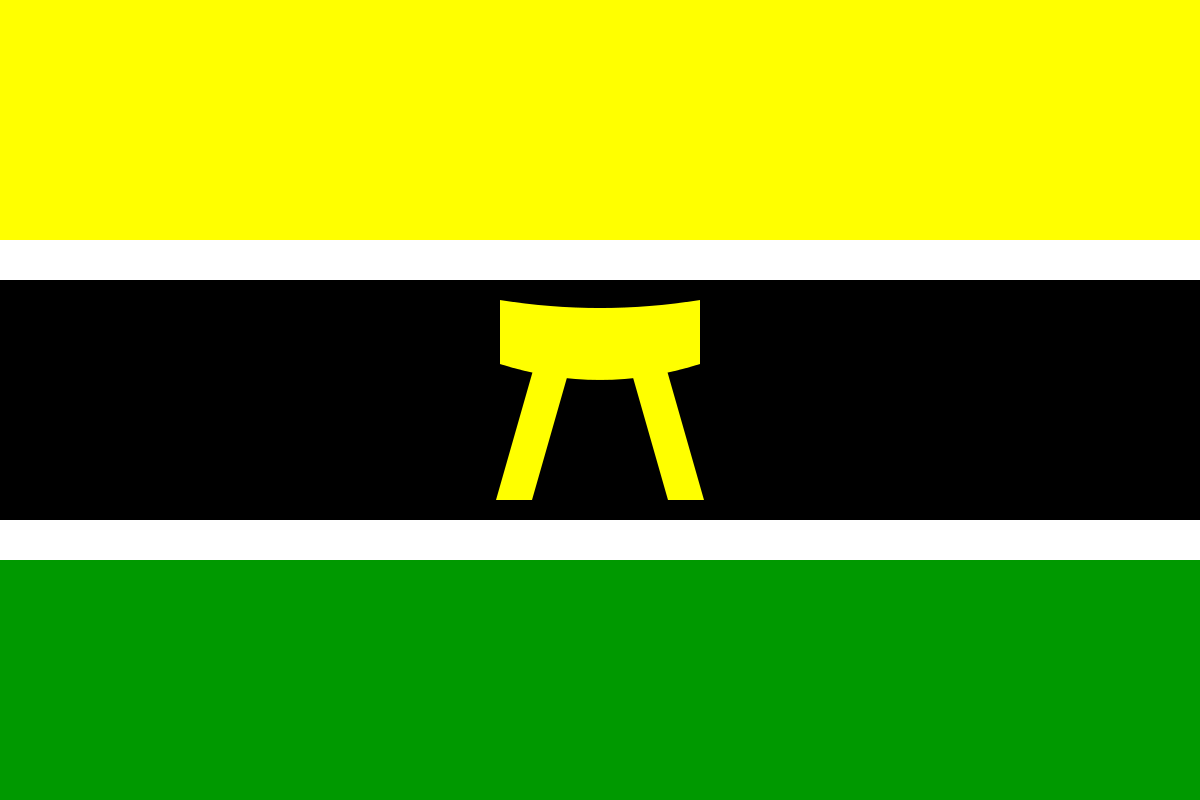
The Asante people made little progress in their fight against the suzerain state of Denkyera and smaller neighbouring states until Osei Tutu' s ascension, perhaps in the 1670s. He was appointed as Asantehene, or monarch, of the new Asante state, whose capital was named Kumasi, after a series of campaigns that eliminated all opposition. The Golden Stool, on which all succeeding kings were enthroned, symbolizes his authority.
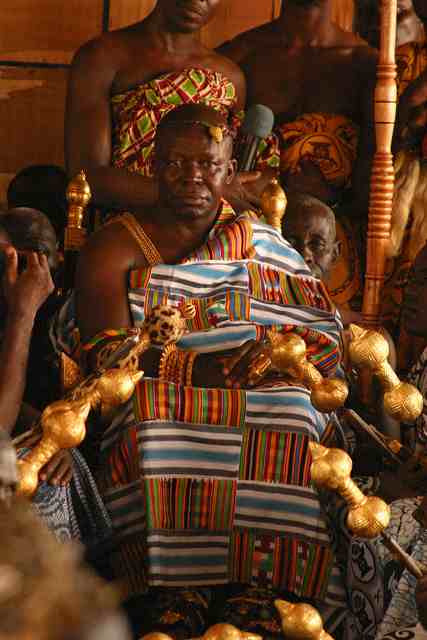
The Asante, commanded by Kwaku Dua (reigned 1834– 67), retaliated against the British in 1863 by sending armies to capture the coastal regions. In 1869, the British acquired control of Elmina (which Asante claimed jurisdiction over), and in 1874, Sir Garnet Wolseley led an invasion army to Kumasi.
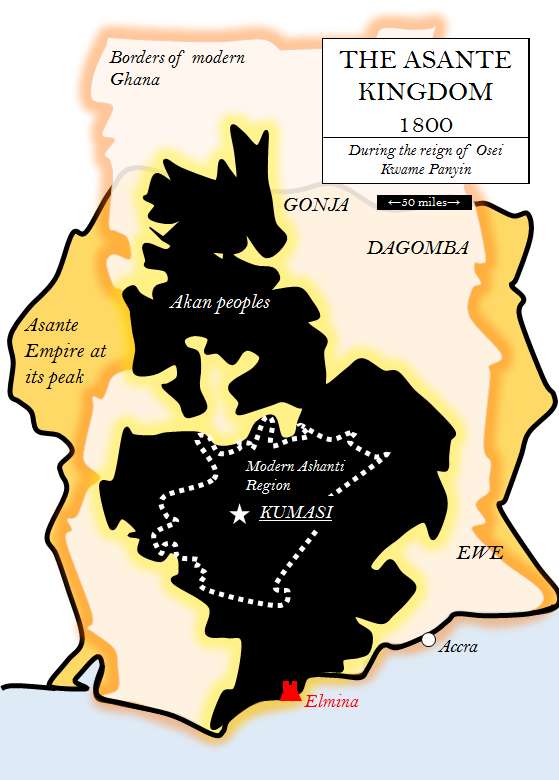
Even though Wolseley only occupied the Asante capital for one day, the Asante were taken aback by the inadequacy of its military and communications infrastructure. Furthermore, the invasion provoked numerous secessionist uprisings in the northern provinces. In 1874, the British formally established the Gold Coast colony from the ancient southern provinces. Asante' s king, Kofi Karikari, was ousted, and Mensa Bonsu (who reigned from 1874 to 1833) took over.
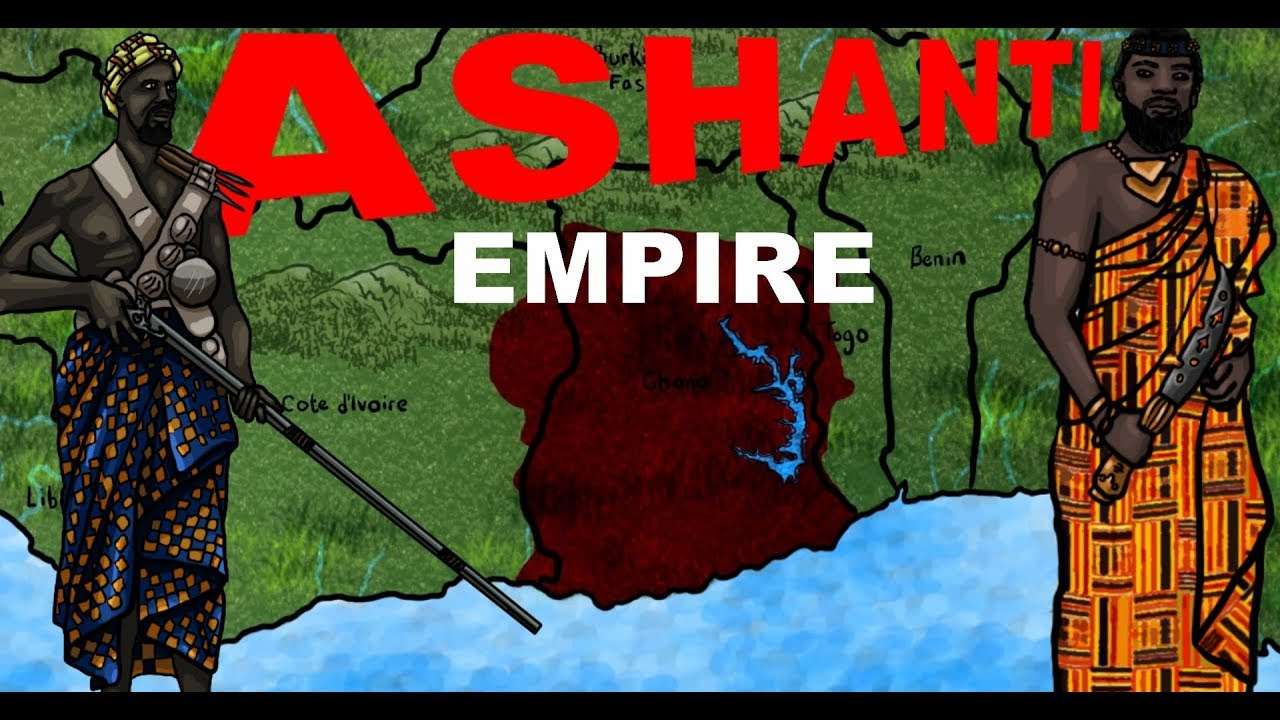
He endeavoured to adapt the Asante government' s agencies to the new scenario. Despite reorganizing the army, appointing some Europeans to prominent positions, and increasing Asante resources, British political agents who supported northern secessionist chiefs and opponents of central administration in Kumasi stopped him from restoring Asante imperial control. During his successor' s reign, Prempeh I (accession 1888), Asante was legally recognized as a British crown colony on January 1, 1902, with the former northern provinces forming the Protectorate of the Northern Territories of the Gold Coast on the same day.
In the 1930s, under British administration, an Asante Confederacy Council was founded, and the Asantehene was reinstalled as a figurehead sovereign. Akan states are also mentioned.
https: //youtu. be/esMSfUMzDpA



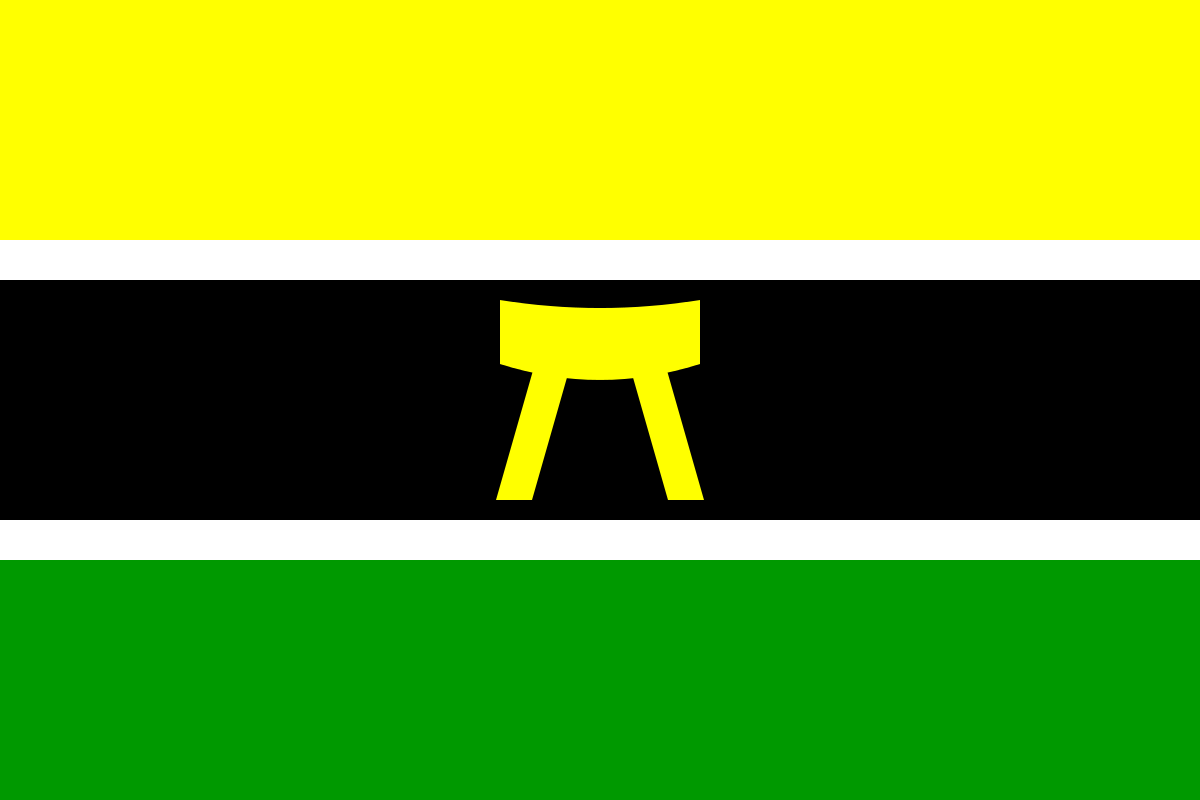
No comments yet
Be the first to share your thoughts!